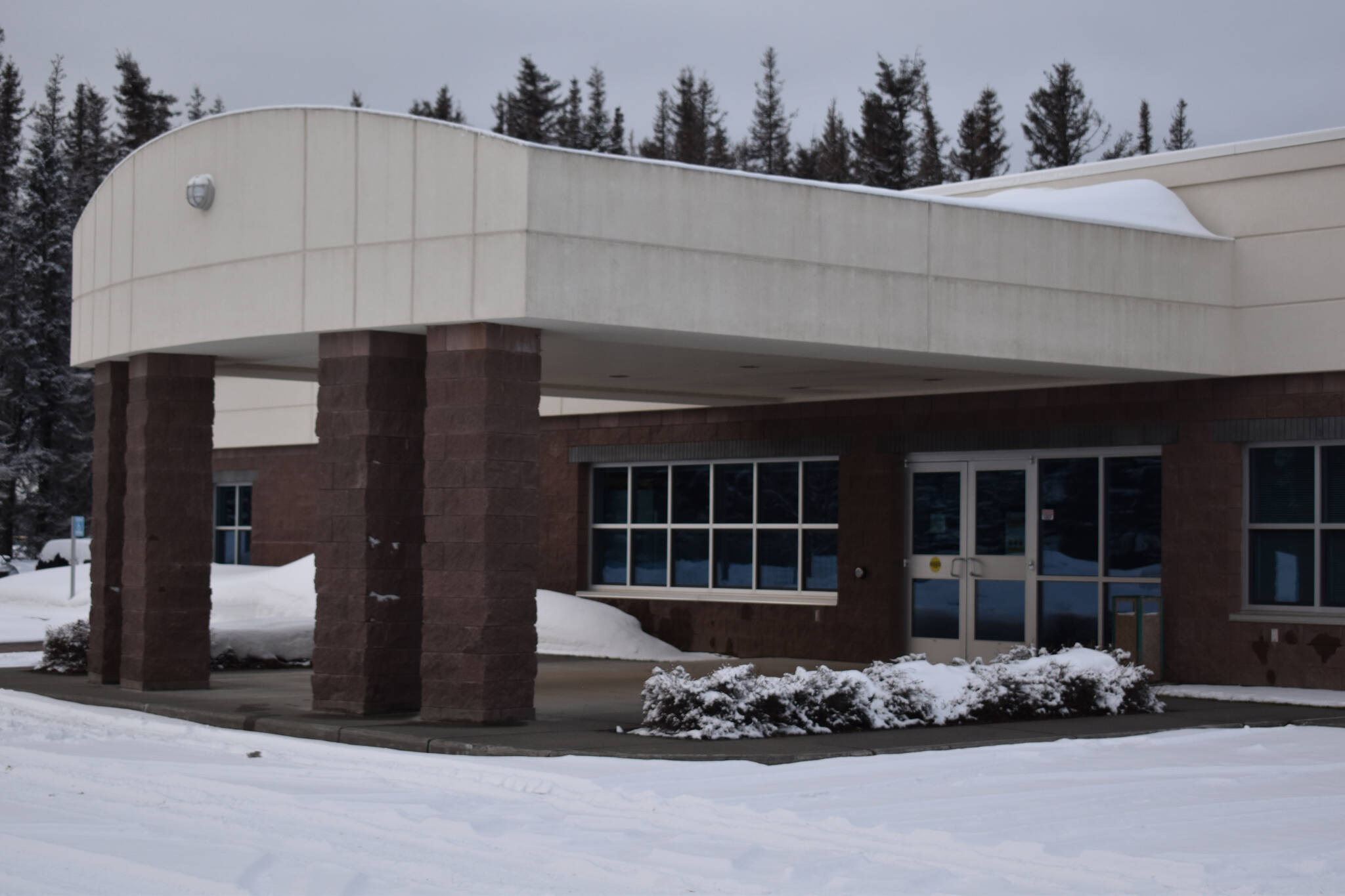Cases of respiratory syncytial virus are being identified in the southeastern United States, a Centers for Disease Control and Prevention Health Advisory says, and though cases haven’t yet been identified in Alaska, the State Department of Health says new prevention tools will be available this respiratory illness season.
Nirsevimab, a long-acting monoclonal antibody that has been found effective in preventing RSV infections in infants, will be available through the Alaska Immunization Program starting Oct. 1, an Epidemiology Bulletin published Monday by the department said.
Monoclonal antibodies are described by the CDC as “man-made proteins” that mimic naturally produced antibodies — these designed specifically to combat RSV.
According to the bulletin, the CDC’s Advisory Committee on Immunization Practices in August unanimously voted to recommend the antibodies for use in the United States. The committee recommends a dose of the antibodies for all infants younger than 8 months who are born during or are entering their first RSV season.
Certain groups of infants are also recommended to receive the antibodies when aged 8 to 19 months and entering their second RSV season if they meet criteria for “high-risk.” These criteria describe those with chronic lung disease or those severely immunocompromised.
Historically, the bulletin says, RSV season happened in Alaska later than it did in the Lower 48, but during the COVID-19 pandemic, the season has aligned with that of the rest of the country — largely between October and March.
“However, RSV circulation continued in some parts of Alaska through summer 2023,” the bulletin reads.
An Alaska Public Health Alert Network message also released on Monday says that single-dose vaccines to combat RSV are expected to be available “soon.” These will be recommended for adults aged 60 and older to prevent severe illness, as well as people who are pregnant to protect their newborn. The committee’s voting on recommendations for the vaccine is scheduled for Sept. 22.
For more information about RSV in Alaska, visit health.alaska.gov.
Reach reporter Jake Dye at jacob.dye@peninsulaclarion.com.

